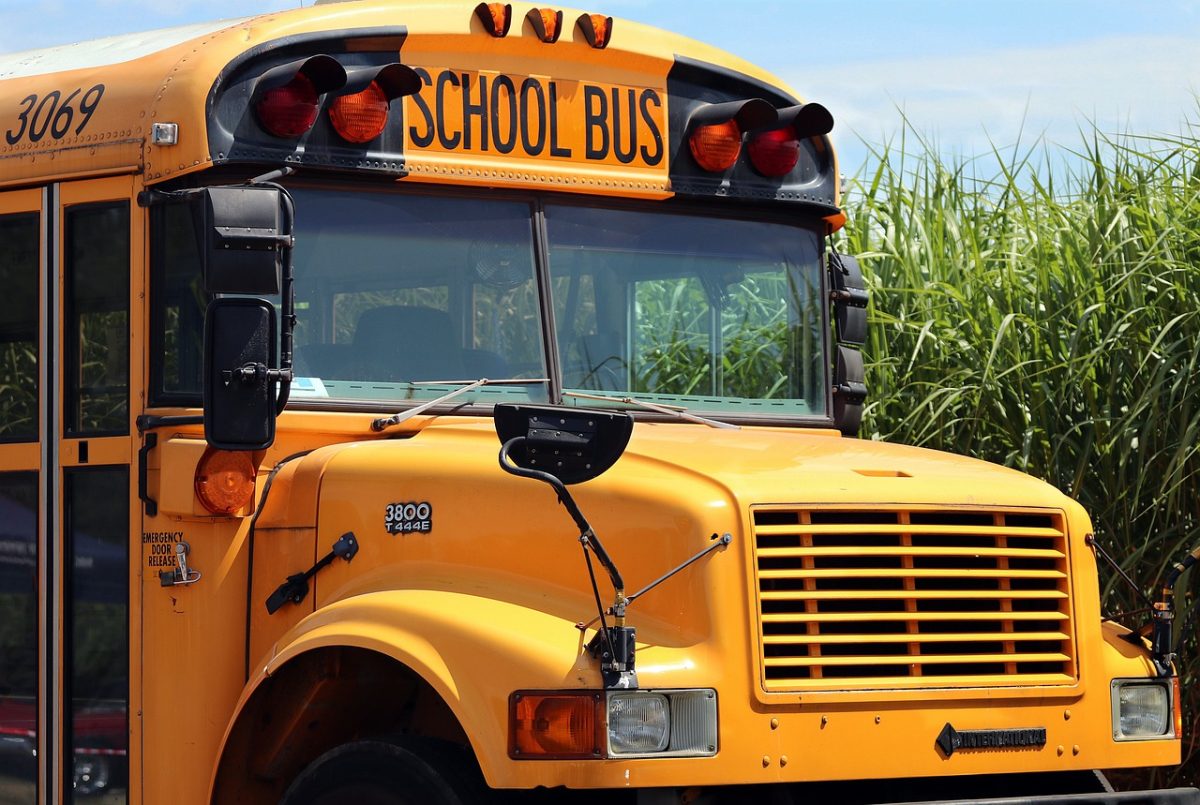On Tuesday, the Springfield Public Schools board voted 7-0 to approve the purchase of 5,500 Chromebooks to replace the district's oldest existing laptops that run on Google Chrome software.
But the unanimous vote followed several weeks of discussion and debate that led to a sizable decrease in total Chromebooks purchased and a collection of new procedures that will change when many of the district’s students have access to the computers and to screen time on them.
Earlier this month, the district administration recommended the board approve the purchase of 7,300 Chromebooks and software for $1,843,250. The board on Tuesday instead approved the purchase of 5,500 Chromebooks and device software totaling $1,388,750.
The changes mainly target the district’s youngest students:
- Currently the district shuts off access to elementary student laptops at 10 p.m. That shutoff time is changing to 9 p.m.
- Starting this summer, SPS elementary school students will not take Chromebooks home with them unless their parents have enrolled them in the SPS Explore summer learning program. (Rising sixth through 11th grade students will still take Chromebooks with them once the school year concludes.)
- And starting next school year, pre-K through fifth-grade students will not take Chromebooks home at night unless their parents have requested to check out the devices. This is a slight shift in policy. The district already allowed parents to opt out of sending Chromebooks home with their children. Now parents will need to opt in.
Lathan said some of the specifics about how computers are checked out still need to be ironed out, and that a committee will be formed to explore larger issues about the role of technology in and out of SPS classrooms at all grade levels.
At the April 12 school board study session, when the Chromebook purchase was discussed, several board members raised questions about the amount of screen time students spend on the laptops, particularly in relation to elementary-age students.
Board Vice President Maryam Mohammadkhani said developing technology literacy is an important skill, but compared the challenge of parents and teachers reducing a young student’s screen time to “taking fentanyl away from an addict.” New board member Kelly Byrne asked what kind of contingency plan was in place if the board did not approve the purchase agreement. John Mulford, SPS deputy superintendent, said then the district would work with the aging laptops they have to continue to provide one-to-one Chromebook access for students in classrooms.
Mulford said access to technology can be a huge benefit for students, and it also can be a detriment when people become over-reliant on technology. When school doors closed at the start of the pandemic, the district relied on its fleet of computers and wireless hotspots to provide virtual learning for all students. Now, he said, most SPS teachers are using the devices to deliver parts of their curriculum, not all of it.
“When I go out to the school buildings, we don’t see kids on Chromebooks all day long,” he said. “We don’t see that. It is a very small percentage of teachers who may have become over-reliant on technology. The bulk of our teachers are highly engaged.
“I feel bad for our teachers when those blanket statements are made, because the bulk of our teachers are not doing that. I feel that it’s important to say that. Can we improve? Absolutely. Will we improve? Yes we will.”
On Tuesday, Mohammadkhani said she viewed the decision to purchase these Chromebooks as a necessary step while the board and district officials take a deep dive into how and when technology is used by students at all grade levels. During public comment sessions at recent board meetings, several parents have signed up to speak before the board and say the over-reliance on technology hindered their students’ abilities to develop skills like handwriting.
“We want our students to all graduate being tech savvy and ready for the digital world,” she said. “But also, as one of the speakers mentioned, have penmanship and have all those things that make them whole, productive members of our society. And that it's going to take another year of transition. That's how I'm seeing this technology approach as being presented to us.”
Lathan agreed. Along with the Chromebook decision, the board also unanimously approved changes to the eligibility requirements for school bus access and added language to board policy that specifies financial penalties for teachers, administrators and other professional and certified staff members who break their contracts.



